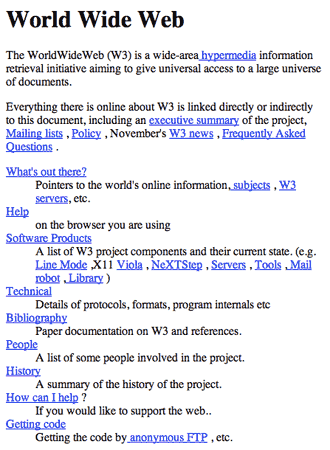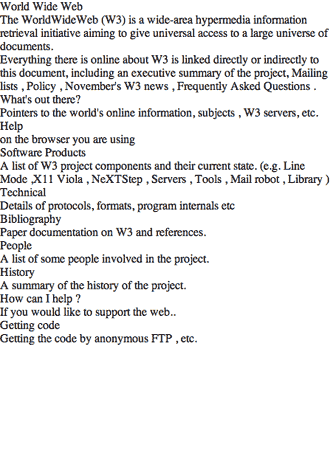Using a CSS Reset
A CSS Reset (or “Reset CSS”) is a short, often compressed (minified) set of CSS rules that resets the styling of all HTML elements to a consistent baseline. In case you didn’t know, every browser has its own default ‘user agent’ stylesheet, that it uses to make unstyled websites appear more legible.
CSS Reset in Action
To illustrate how CSS resets affect the way a page looks, let’s look at the first website created, TheProject.html.
| Without CSS Reset | With a CSS Reset |
|---|---|
 |  |
Why Use a CSS Reset?
You might wonder what this is all for – well, it’s simple. From the consistent base that you’ve set up via your reset, you can then go on to re-style your document, safe in the knowledge that the browsers’ differences in their default rendering of HTML can’t touch you!
Using a CSS Reset
The first step is to add the CSS Reset to your styles folder, as a reset.css file. Then, in the head of your HTML page, link to the reset stylesheet before your other styles.
<head>
<meta charset="utf-8">
<title>Site Name</title>
<meta name="description" content="Page Name">
<meta name="author" content="Your Name">
<link href="/styles/reset.css" rel="stylesheet" />
<link href="/styles/styles.css" rel="stylesheet" />
<style>
/* Page Specific Styles */
h1 {
color: red;
}
</style>
</head>